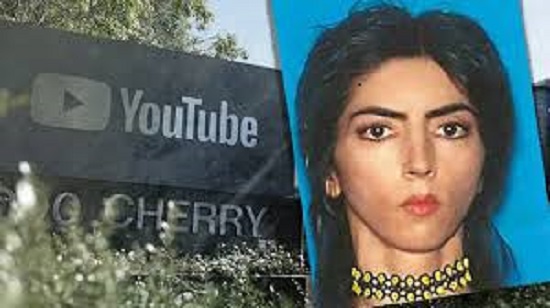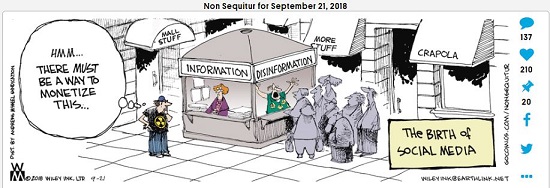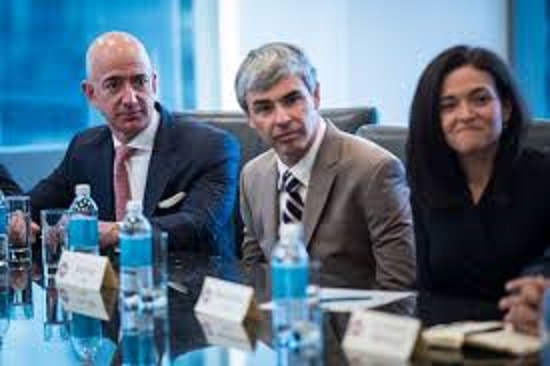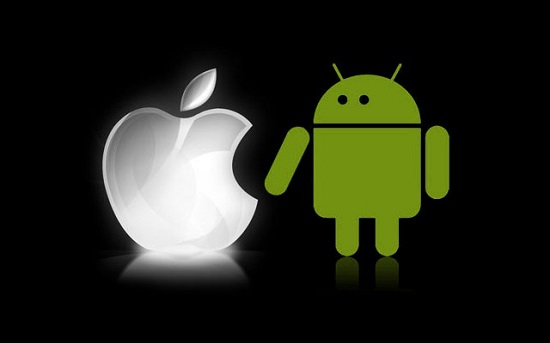
Though YouTube was a great technological achievement by its original developers, more recently YouTube management has made a lot of video creators bitterly angry by their actions that started deliberately de-monetizing YouTubers since June, 2017. But not angry enough to shoot three YouTube employees at their San Bruno, CA headquarters and commit suicide on April 3, as Nasim Najafi Aghdam did. For many of these video producers, their anger was due to the pressure from advertisers who deplored YouTube’s running their ads preceding objectionable video content.
Unfortunately for a lot of people (including us at Technology Bloopers), in mid-2017, YouTube changed their monetization rules and instead of immediate monetization, they required that all YouTube channels had to exceed 10,000 views before they could make any money from advertisements that played in conjunction with their video creations. And in early 2018 YouTube upped their monetization ante by requiring each channel to have had 4,000 hours of watcher time during the preceding 12 months plus 1,000 subscribers. While there is no law against YouTube’s actions, many of these actions were a shock to the video creators—who had invested a lot of effort to produce entertaining or informative content and who highly valued—in monetary or artistic terms—a way to present them and some, like the YouTube shooter, relied on the income they received from monetizing their videos on YouTube..
The shooter felt that she had been especially victimized, not only by the numerical requirements that easily overwhelm small, independent video producers, but also by her perception of YouTube’s censoring of some of her content, and took revenge with a pistol. And the current vogue for shooting up a group perceived to be the reason for an individual’s economic or moral discomfort very likely gave her both a method and additional motivation.





